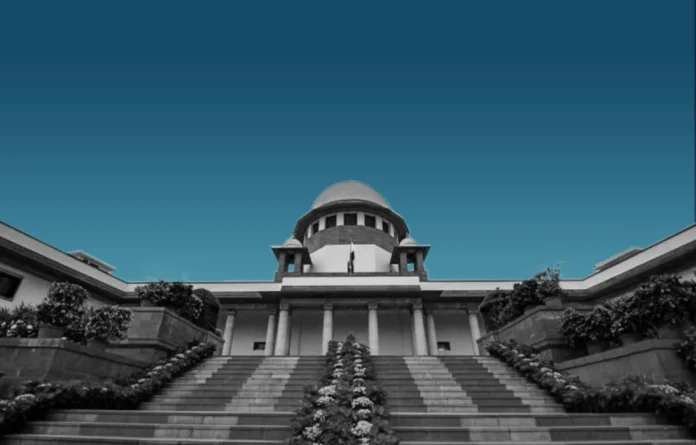The Supreme Court today ruled that individuals with more than 40% speech and language disability cannot be denied admission to MBBS courses merely based on the quantification of their disability.
A bench comprising Justice BR Gavai and Justice KV Viswanathan stressed that the approach of the National Medical Commission (NMC) should not be how to disqualify candidates. The bench added that the concept of reasonable accommodation would be purposive construction of NMC guidelines. It added that reasonable accommodation under 2(y) should not be considered narrowly for the ones with assistive devices as it will further the objectives under the Directive Principles of State Policy.
The Supreme Court was hearing a special leave petition (SLP) challenging a Bombay High Court decision that adjourned the petitioner’s plea against a regulation that disqualifies persons with speech and language disabilities exceeding 40% from MBBS admissions.
Earlier, the High Court had deferred the matter for three weeks without considering the petitioner’s request for interim relief regarding his admission to an MBBS course under the persons with disability category.
In a judgment dated September 2, the top court directed the Dean of Byramjee Jeejeebhoy Government Medical College, Pune to form a medical board to examine as to whether the speech and language disability of the petitioner would come in the way of his pursuing the MBBS course.
The Court ruled that the candidate’s 44-45% disability should not be a reason to deny admission. Instead, each candidate should be evaluated individually, it continued. Subsequently, the court allowed the appeal observing that in the case the medical report was favourable.
The apex court further directed that pending creation of an appellate body, the decision of the disability assessment board will be appealable before the judicial decision-making body. The Supreme Court further remarked that it hopes that the National Medical Commission (NMC) would adopt a more inclusive approach by providing reasonable accommodations for students with disabilities.


